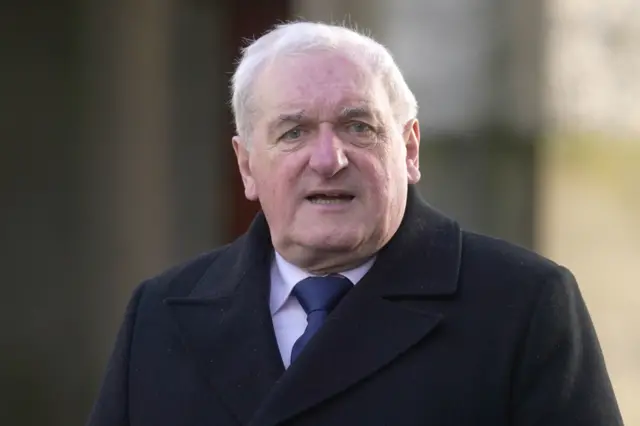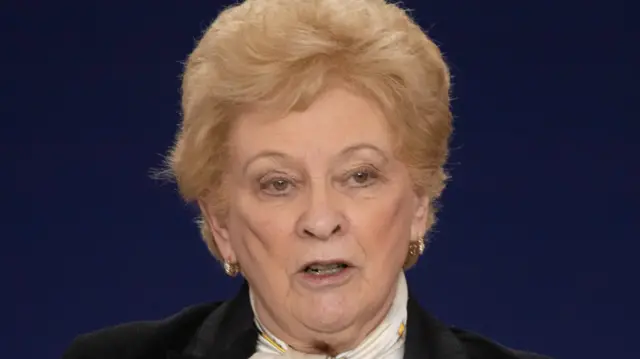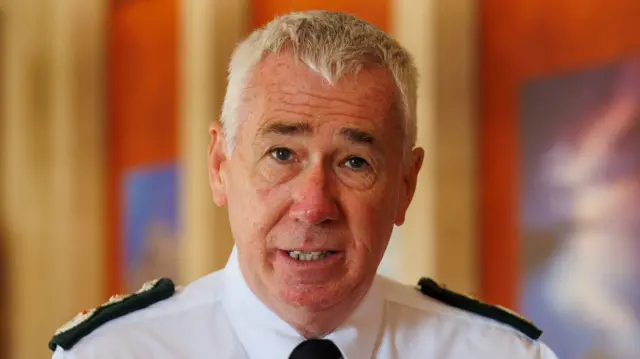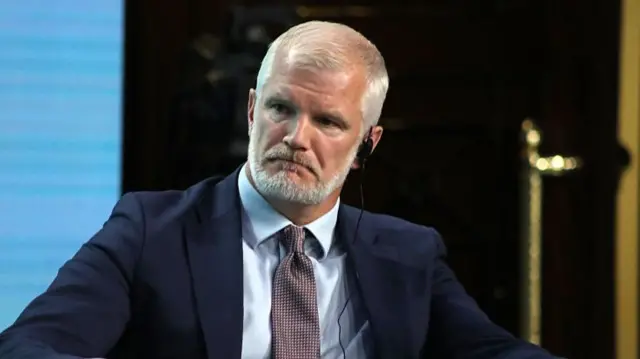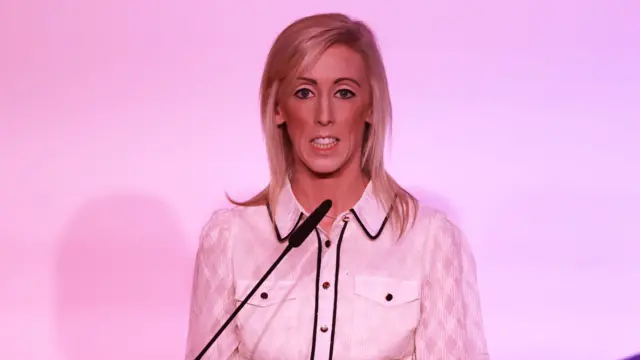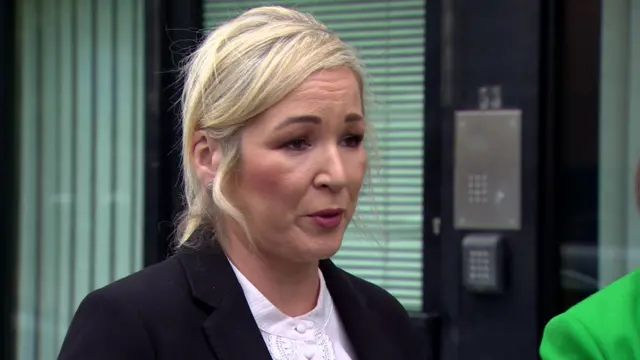Good eveningpublished at 18:05 BST 19 September
Thank you for joining as we followed the announcement of a new legacy agreement as well as hearing from political parties, victims and survivors.
This page was written by Rebekah Wilson, Ben Lonsdale, Aimee Bell, Auryn Cox, Jake Wood and edited by Amy Stewart and Emily Atkinson.
Have a good evening.
